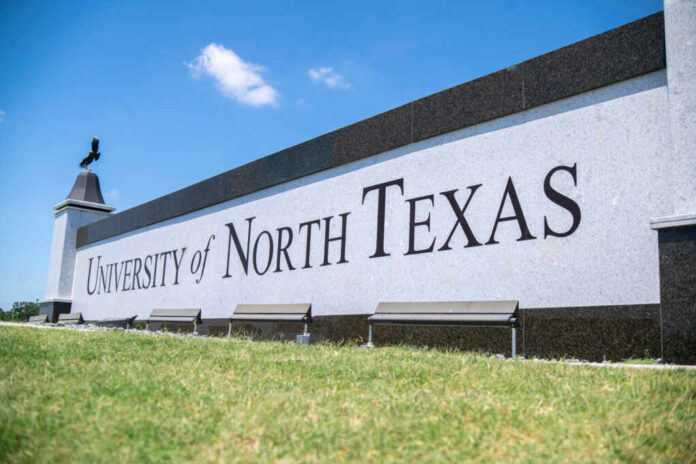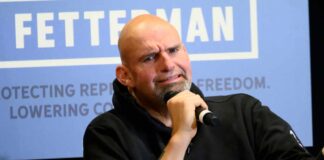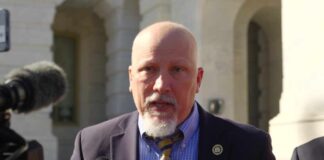
Professors Erika Knapp of the University of North Texas and Whitney Mayo of the University of North Dakota have ignited a debate with their paper “Disrupting Racism in Music Education: Conceptualizing Admissions Processes Through the State and the War Machine.”
The paper attacks what the authors perceive as a persistent issue of racial imbalance within music education programs at the college level.
The work was published in the “Mayday Group’s Action, Criticism, and Theory for Music Education” journal. According to its website, the Mayday Group’s mission is to “apply critical theory and critical thinking to the purposes and practices of music education.”
The professors laid out the narrative of a Black student named “James,” who was not admitted to a music education degree program despite his enthusiasm and sufficient score on an aural exam. This case is presented as evidence for the paper’s claim of systemic racial bias in music education admissions. Knapp and Mayo argue that this bias maintains a White and “Eurocentric” bias that excludes students like James because they are Black.
Professors Call for a 'War Machine' to Wipe Out Music Ed's Meritocracy — AKA Whiteness https://t.co/ohlBDqktth
— Brad Porcellato (@BradPorcellato) December 14, 2023
The professors engage in the typical exercise of apologizing for their own bias as “cisgender, heterosexual white women” as they lay out their demand for an “anti-racist” approach to music education. Their radical suggestion involves a total reimagination of the college admissions process to drop traditional musical auditions and written testing to focus instead on “passion” and “community impact.”
They argue that no lesser measure would effectively challenge the “White dominance” that they see as detrimental to the world of music.
The authors go on in the paper to imagine a university that embraced the fictional James rather than shunning him. In their version, he is offered intensive support and extended resources to develop his skills. The institution modifies its approach to education to precisely fit James’ “unique talents and interests,” whatever they may be. Knapp and Mayo insist that is the proper approach to “dismantling the whiteness as property” mindset they believe afflicts higher education.
Critics of the paper question whether the suggested changes are feasible and how they would further actual education or prepare graduates for their future lives.





























